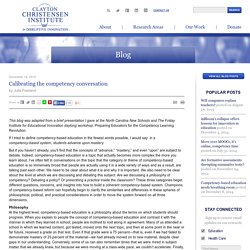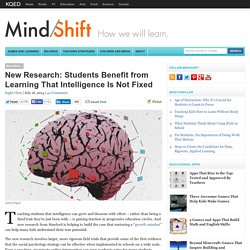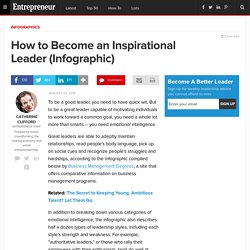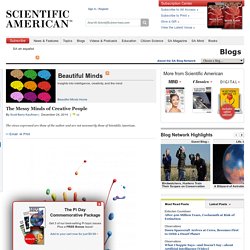

2015 State Championship. Evaluation. Technical Reading. Competency-based Education. Calibrating the competency conversation. This blog was adapted from a brief presentation I gave at the North Carolina New Schools and The Friday Institute for Educational Innovation daylong workshop, Preparing Educators for the Competency Learning Revolution.

If I tried to define competency-based education in the fewest words possible, I would say: in a competency-based system, students advance upon mastery. But if you haven’t already, you’ll find that the concepts of “advance,” “mastery,” and even “upon” are subject to debate. Indeed, competency-based education is a topic that actually becomes more complex the more you learn about.
I’ve often felt in conversations on this topic that the category or theme of competency-based education is so immensely broad that people are actually using it in a wide variety of ways and as a result, are talking past each other. We need to be clear about what it is and why it is important. PolicyCompetency-based education is also a policy. New Research: Students Benefit from Learning That Intelligence Is Not Fixed. Arten Popov Teaching students that intelligence can grow and blossom with effort – rather than being a fixed trait they’re just born with – is gaining traction in progressive education circles.

And new research from Stanford is helping to build the case that nurturing a “growth mindset” can help many kids understand their true potential. The new research involves larger, more rigorous field trials that provide some of the first evidence that the social psychology strategy can be effective when implemented in schools on a wide scale. Even a one-time, 30-minute online intervention can spur academic gains for many students, particularly those with poor grades. The premise is that these positive effects can stick over years, leading for example to higher graduation rates; but long-term data is still needed to confirm that. However, all the original intervention studies were small and left some educators and policymakers unconvinced. A Light Touch Leads to Meaningful Change. How to Become an Inspirational Leader (Infographic) To be a good leader, you need to have quick wit.

But to be a great leader capable of motivating individuals to work toward a common goal, you need a whole lot more than smarts -- you need emotional intelligence. Great leaders are able to adeptly maintain relationships, read people’s body language, pick up on social cues and recognize people’s struggles and hardships, according to the infographic compiled below by Business Management Degrees, a site that offers comparative information on business management programs. Related: The Secret to Keeping Young, Ambitious Talent?
Let Them Go. In addition to breaking down various categories of emotional intelligence, the infographic also describes half a dozen types of leadership styles, including each style’s strength and weakness. Have a look at the infographic to see what sort of leader you already are and what sort of leader you aspire to be. Click to Enlarge+ Beautiful Minds, Scientific American Blog Network. The views expressed are those of the author and are not necessarily those of Scientific American.

Creativity is very messy. According to one prominent theory, the creative process involves four stages: preparation, incubation, illumination, and verification. This is all well and good in theory. In reality, the creative process often feels like this: Or this: The creative process– from the first drop of paint on the canvas to the art exhibition– involves a mix of emotions, drives, skills, and behaviors.
Over the years, scientists have attempted to capture the personality of creative people. So how can we possibly bring order to the messy minds of creators? Bringing together lots of different research threads over the years, they identified three “super-factors” of personality that predict creativity: Plasticity, Divergence, and Convergence.
Learning. CCRS.